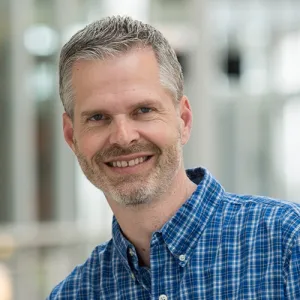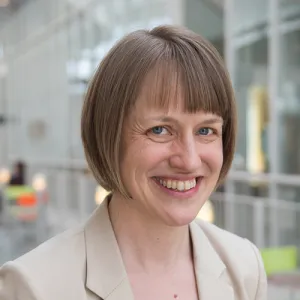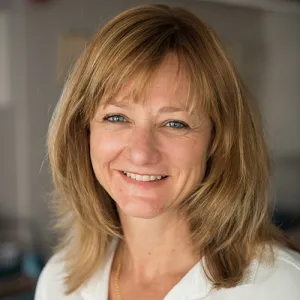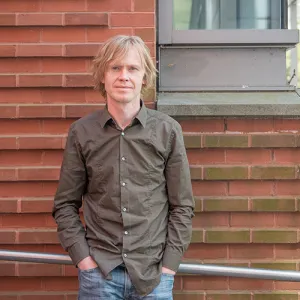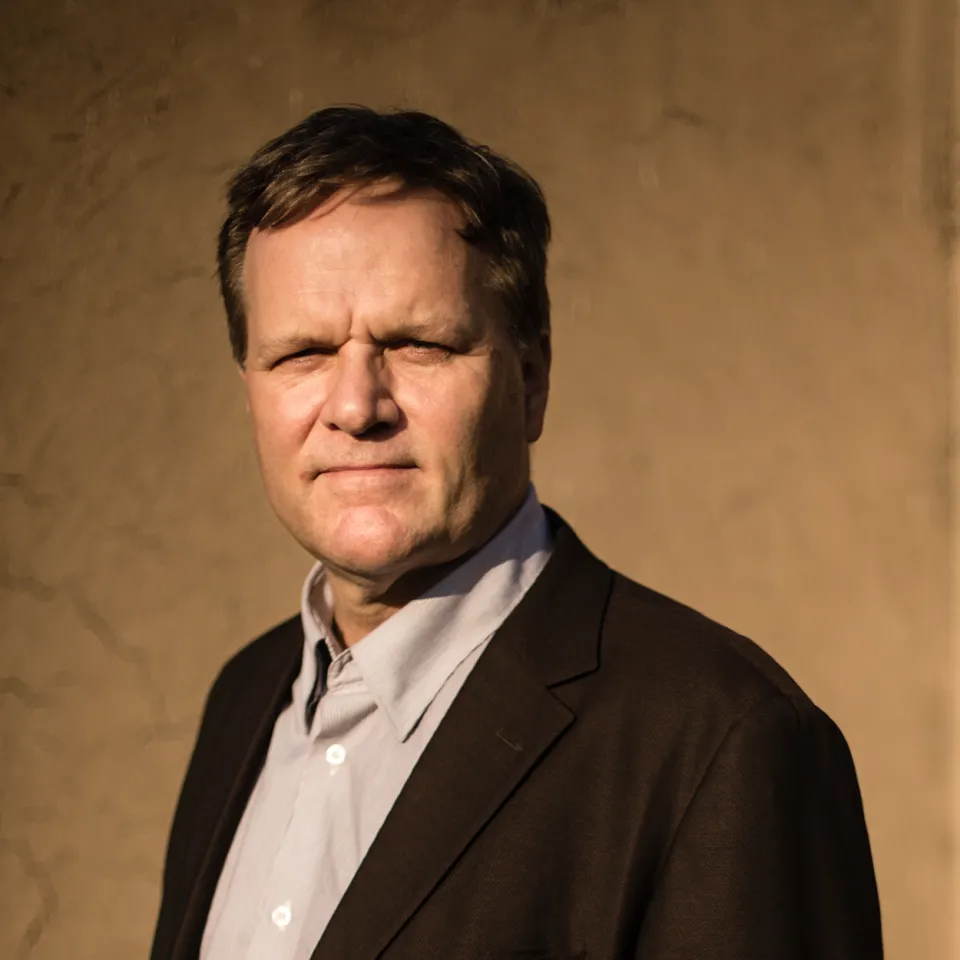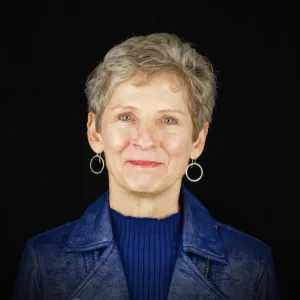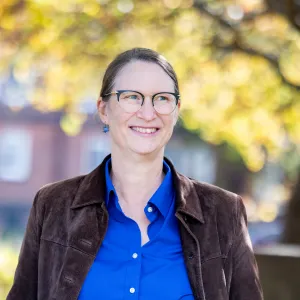Events
Each academic year the Office of the Provost and Dean of the Faculty offers a variety of lectures, luncheons and faculty development sessions that feature Smith faculty and visiting professors.
Liberal Arts Luncheons
Liberal Arts Luncheons are sponsored by the Provost and Dean of the Faculty. LALs will be held on Thursdays in the Neilson Browsing Room, unless otherwise noted. Talks begin at approximately 12:10 p.m., and a complimentary lunch is offered for the first 40 attendees (first come, first served).
Date |
Talk |
Presenter |
|---|---|---|
February 5 |
Detangling Beauty, Curly Hair, and Race |
Katie M. Duarte, Postdoctoral Fellow in Latinx/a/o Studies |
February 12 |
Conservation of Purple Martins in Hampshire County and the Challenge of Working on Federal Property |
Mary McKitrick, Research Affiliate in Biological Sciences |
March 5 |
The Liberal Arts of Plant Systematics: Diversity, Cosmopolitanism, and the Compositae |
Colin Hoag, Associate Professor of Anthropology |
March 12 |
Popular Culture and Civic Imagination: How Does a Rogue TV Detective Become a Real-Life Mayor? |
Şebnem Baran, Assistant Professor of Film and Media Studies |
March 26 |
Black Joy, White Space: Queering the Racial Boundaries of Pleasure in Provincetown |
Crystal Fleming, Professor of Africana Studies |
April 2 |
Investigative Making: Faculty Research × The Design Thinking Initiative |
Alix Gerber, Assistant Director, Design Thinking Initiative |
April 9 |
Teaching Afghan Women Online |
Gary Felder, Professor of Physics |
April 16 |
Peace Sells, But Who’s Buyin’?: The Two-Level Logic of Civil War Settlements |
Cheng Xu, Assistant Professor of Government |
April 23 |
Abolitionist Engineering |
Nikko Stevens, Assistant Professor of Statistical & Data Sciences |
Sigma Xi Luncheons
Sigma Xi, the Scientific Research Society, meets regularly for talks and a complimentary lunch throughout the year. Talks are open to all faculty, staff and students.
Talks begin at approximately 12:10 p.m. in McConnell Auditorium. A complimentary lunch is offered in McConnell Foyer. Please visit the Sigma Xi website for the schedule.
Faculty Development Events
The Office of the Provost offers a variety of faculty development workshops and events throughout the year. Please visit the office’s Faculty Development webpage for the schedule.
Lectures
Charles Walker
Neilson Professorship
The Neilson Professorship was established in honor of the college’s third president to enable the college to have eminent scholars or artists whose work has broad intellectual appeal visit the community and share their current research with faculty and students.
67th Katharine Asher Engel Lecture
The Engel Lectureship is granted annually to a Smith faculty member who has made a significant contribution to his or her field. The lecture was established in 1958 by the National Council of Jewish women in honor of Engel, its onetime president and a 1920 Smith graduate. The 2026 Engel Lecturer will be Nancy Whittier.
